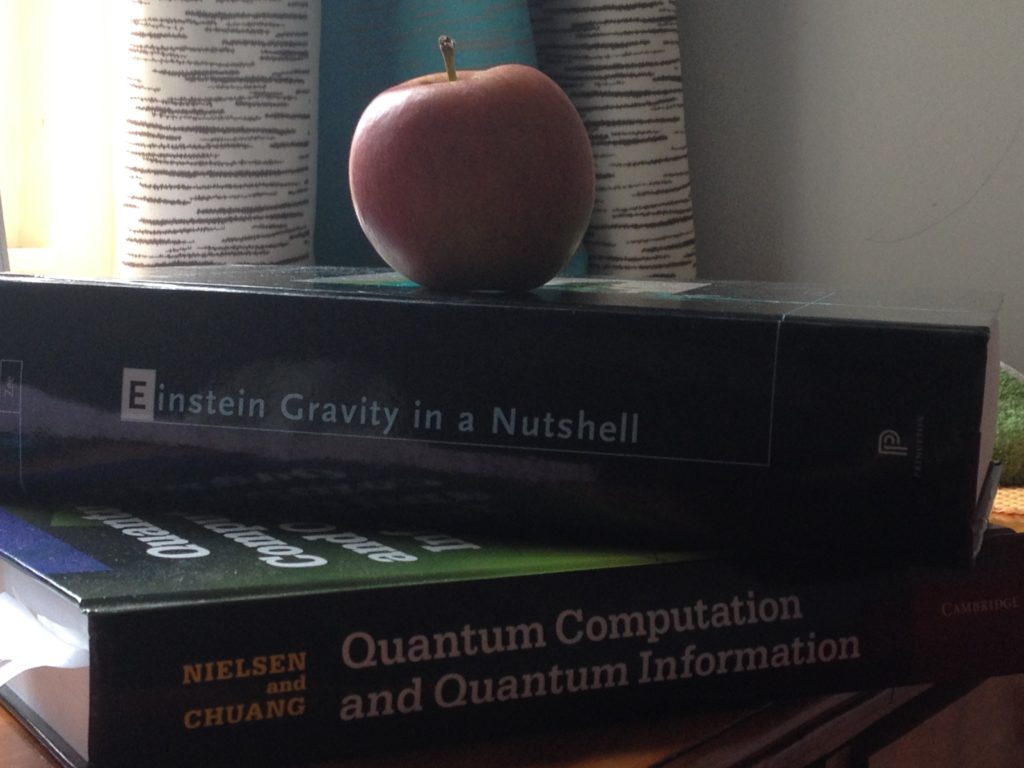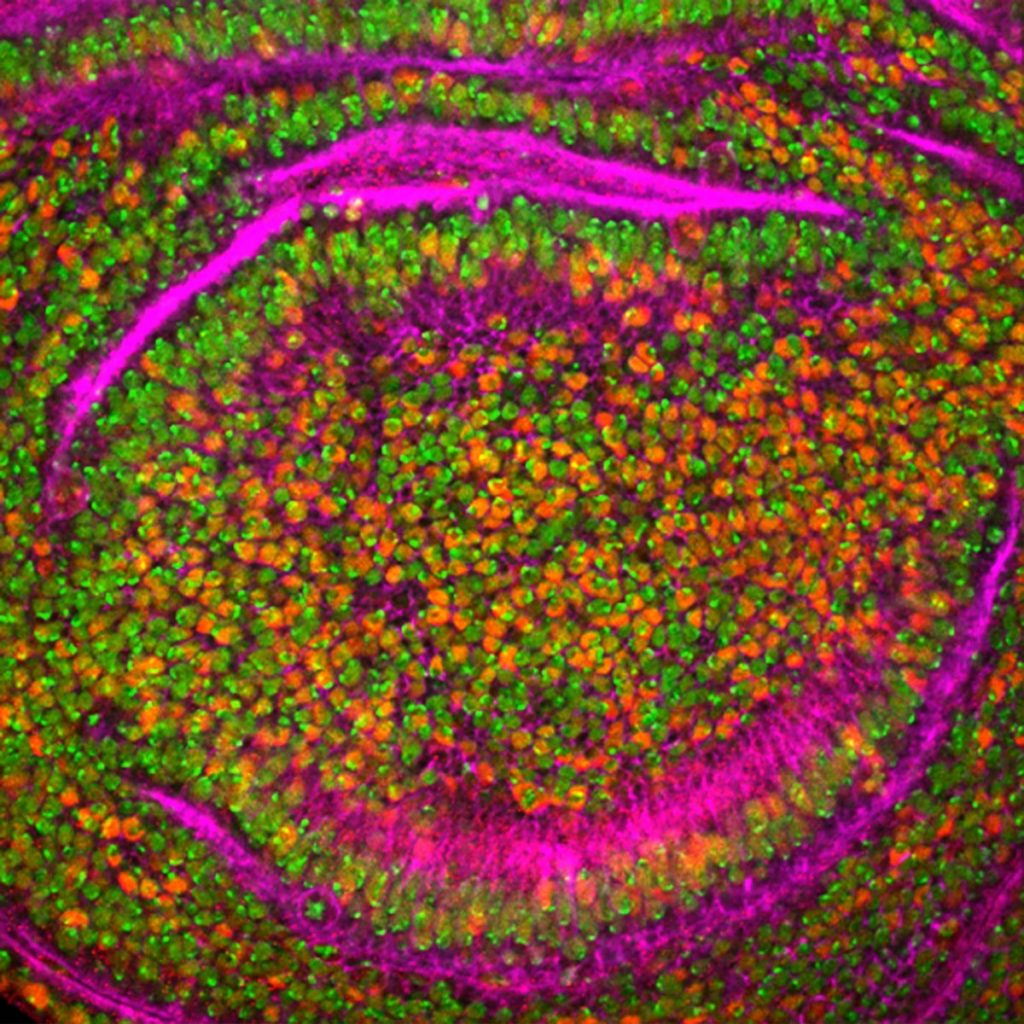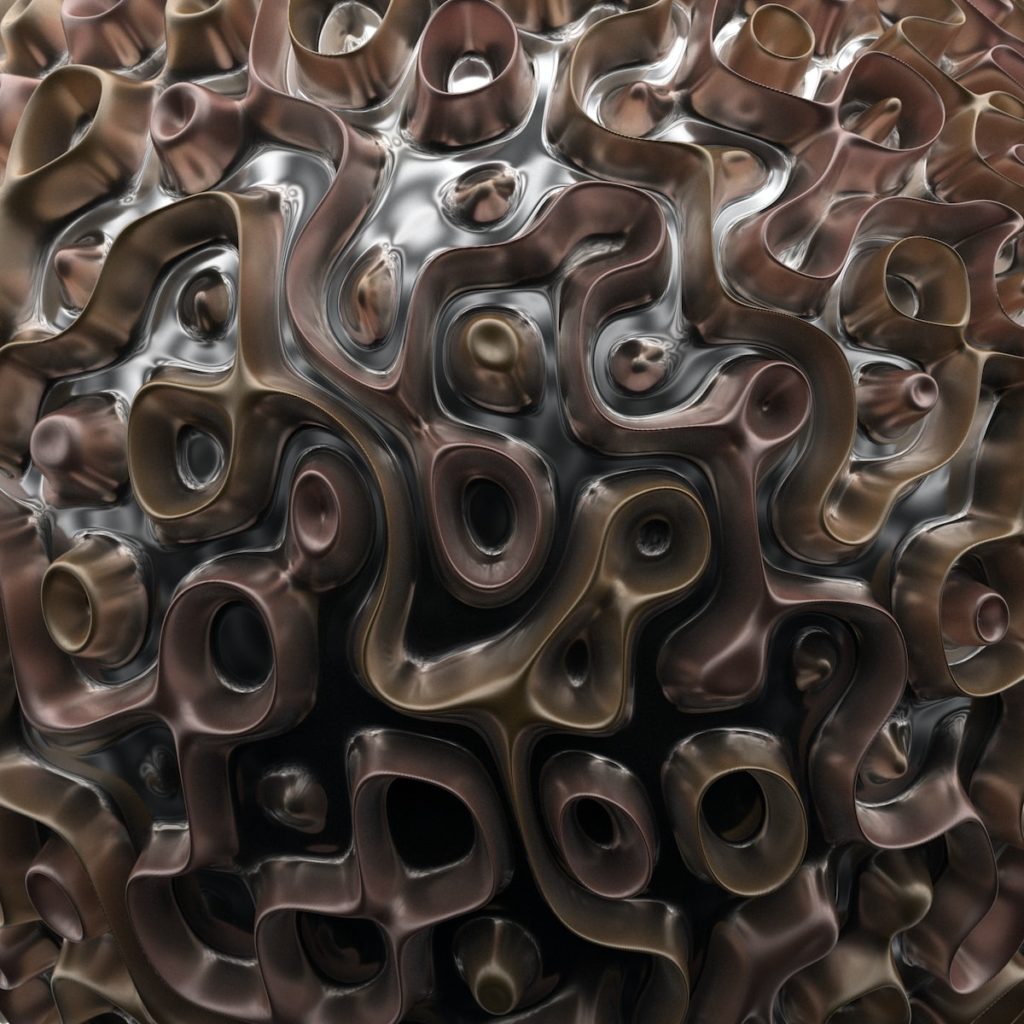Research
Why we need to quantise everything, including gravity

Abstract
There is a long-standing debate about whether gravity should be quantised. A powerful line of argument in favour of quantum gravity considers models of hybrid systems consisting of coupled quantum–classical sectors. The conclusion is that such models are inconsistent: either the quantum sector’s defining properties necessarily spread to the classical sector, or they are violated. These arguments have a long history, starting with the debates about the quantum nature of the electromagnetic fields in the early days of quantum theory. Yet, they have limited scope because they rely on particular dynamical models obeying restrictive conditions, such as unitarity. In this paper we propose a radically different, more general argument, relying on less restrictive assumptions. The key feature is an information-theoretic characterisation of both sectors, including their interaction, via constraints on copying operations. These operations are necessary for the existence of observables in any physical theory, because they constitute the most general representation of measurement interactions. Remarkably, our argument is formulated without resorting to particular dynamical models, thus being applicable to any hybrid system, even those ruled by “post-quantum” theories. Its conclusion is also compatible with partially quantum systems, such as those that exhibit features like complementarity, but may lack others, such as entanglement. As an example, we consider a hybrid system of qubits and rebits. Surprisingly, despite the rebit’s lack of complex amplitudes, the signature quantum protocols such as teleportation are still possible.



